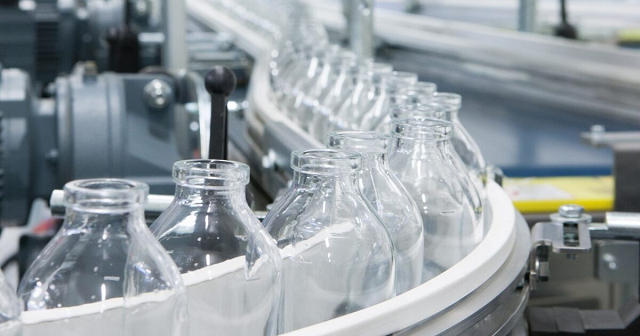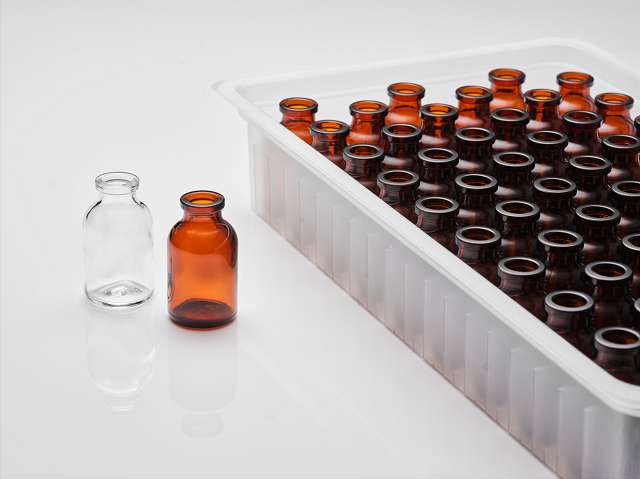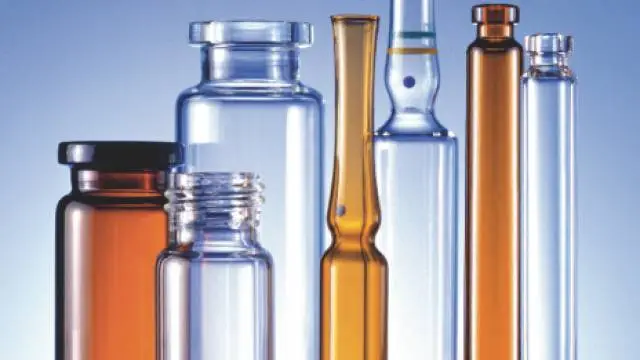The Use of Glass Bottles in the Pharmaceutical Industry
Post time: Aug-21-2024

In the pharmaceutical industry, the packaging of medications and other health-related products is as crucial as the products themselves. Among the various packaging materials available, glass bottles have long been a preferred choice for pharmaceutical applications. Their unique properties, including chemical inertness, impermeability, and recyclability, make them an ideal option for storing and dispensing medications. This article explores the significance of glass bottles in the pharmaceutical industry, their advantages, and the challenges they present.
The Importance of Packaging in Pharmaceuticals
Packaging plays a vital role in the pharmaceutical industry for several reasons. It protects the product from contamination, ensures stability, and provides essential information to consumers and healthcare professionals. The choice of packaging material can significantly impact the efficacy and safety of medications. Glass bottles, in particular, have been widely used for various pharmaceutical products, including liquids, powders, and injectables.
Advantages of Glass Bottles
Chemical Inertness: One of the most significant advantages of glass bottles is their chemical inertness. Glass does not react with most substances, which means that it will not leach harmful chemicals into the medication. This property is especially important for pharmaceuticals, as any contamination can alter the drug's effectiveness or pose health risks to patients. Glass bottles are particularly suitable for storing sensitive compounds, such as biologics and vaccines, which require a stable environment to maintain their efficacy.
Barrier Properties: Glass bottles provide an excellent barrier against moisture, oxygen, and light, which are critical factors in preserving the stability of pharmaceutical products. Many medications are sensitive to environmental factors that can lead to degradation. For instance, exposure to moisture can cause hydrolysis, while light can lead to photodegradation. Glass bottles effectively shield the contents from these elements, ensuring that the medications remain potent throughout their shelf life.

Recyclability and Sustainability: As the world increasingly focuses on sustainability, glass bottles stand out as an environmentally friendly packaging option. Glass is 100% recyclable and can be reused multiple times without losing quality. This characteristic aligns with the pharmaceutical industry's growing commitment to reducing its environmental footprint. By choosing glass packaging, pharmaceutical companies can contribute to a circular economy and minimize waste.
Aesthetic Appeal: Glass bottles offer a premium look and feel, which can enhance the perceived value of pharmaceutical products. The clarity of the glass allows consumers to see the product inside, which can instill confidence in its quality. Additionally, glass can be easily molded into various shapes and sizes, allowing for creative and functional designs that cater to different market needs.
Compatibility with Sterilization Processes: Many pharmaceutical products require sterilization before they can be safely administered to patients. Glass bottles can withstand various sterilization methods, including autoclaving and gamma radiation, without compromising their integrity. This compatibility ensures that the contents remain uncontaminated and safe for use.
With these characteristics, glass has become the best choice for packaging materials in daily life. It is widely used in food, building supplies, chemical products, automobiles, new energy, and other scenarios. Especially in terms of glass containers, BottlesOutlet is an online trading platform with a rich variety of glass products. You can customize various Glass Bottles and Glass Food Jars you need, with professional, stable and high-quality services!

Challenges of Using Glass Bottles
Despite their numerous advantages, glass bottles also present some challenges in the pharmaceutical industry.
1. Weight and Fragility
Glass bottles are heavier than plastic alternatives, which can increase shipping costs and complicate logistics. Additionally, glass is more fragile and can break easily during handling and transportation. This fragility poses a risk of product loss and can lead to safety concerns if broken glass is present in a healthcare setting.
2. Cost Considerations
The production and transportation of glass bottles can be more expensive than plastic options. This cost factor can be a significant consideration for pharmaceutical companies, especially when looking to keep prices competitive. However, many companies weigh these costs against the benefits of using glass, particularly for high-value or sensitive products.
3. Limited Flexibility in Design
While glass bottles can be molded into various shapes, they are less flexible than plastic in terms of design modifications. This limitation can pose challenges for companies looking to create unique packaging solutions that stand out icrowded market.
Glass Bottles have established themselves as a cornerstone of pharmaceutical packaging due to their chemical inertness, barrier properties, recyclability, and compatibility with sterilization processes. While they present challenges such as weight, fragility, and cost, the benefits they offer in terms of product safety and efficacy often outweigh these drawbacks. As the pharmaceutical industry continues to evolve, glass bottles will likely remain a vital component of medication packaging, ensuring that patients receive safe and effective treatments. The ongoing commitment to sustainability and innovation will further enhance the role of glass in the pharmaceutical sector, making it a reliable choice for years to come.
